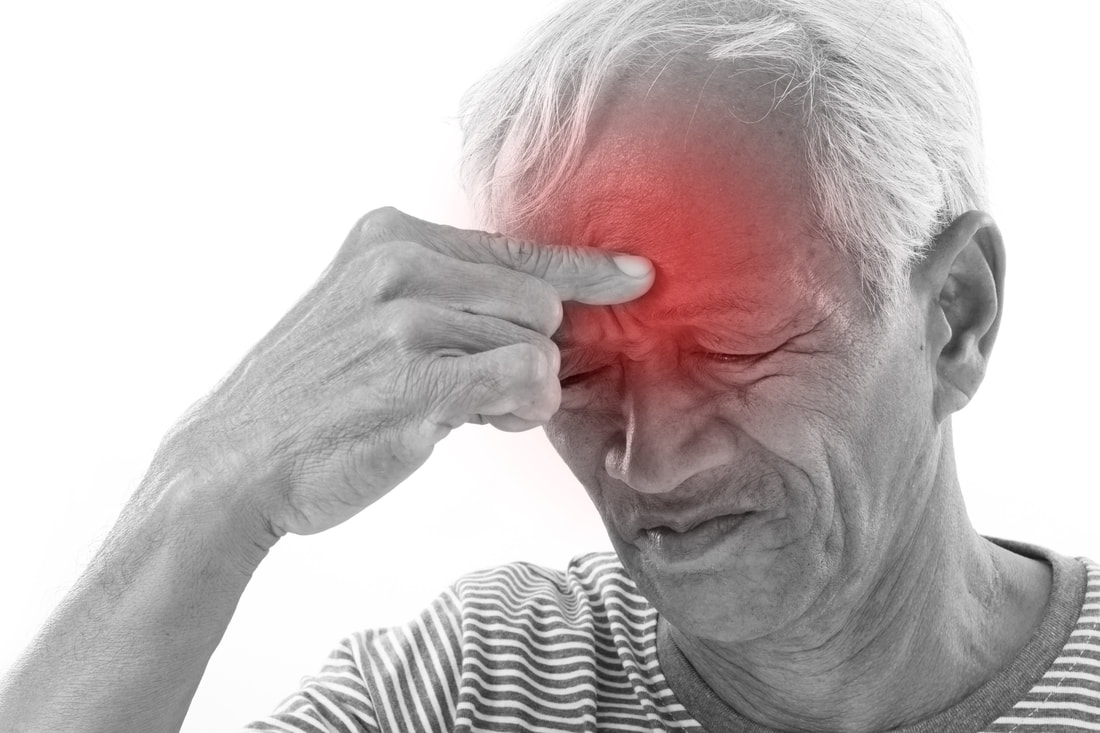I recently posted a link to an excellent article printed by the British Medical Journal, (BMJ). In it, the authors discussed various scientific appraisals of the use of Acupuncture in the treatment of migraine. Not surprisingly (to me at least, as I am after all an Acupuncturist), the findings were very positive indeed. Wow, this stuff really does work, etc etc. Fantastic! I felt the findings were at the very least worth sharing on Facebook. I am a Traditional Chinese Medicine-style Acupuncturist, so the treatment you might get from me for any particular ailment would be pretty much what you’d get from an Acupuncturist in Beijing or Shanghai. This is a complex branch of world medicine with a rich and diverse history, its roots stretching back three thousand years or more. In that time it has evolved considerably, but is still recognisably the same stand-alone, coherent and successful system. The Chinese themselves, perhaps for nationalistic reasons, are also keen to publish their own scientific findings on their traditional techniques. Sadly, a great deal of this is still published only in Mandarin and is therefore not entirely accessible to mainstream scientists from outside China. My take on all this is slightly ambivalent. Yes, scientific research is obviously a highly valuable asset for humanity, as is anything that increases our knowledge. At the same time, though, I find myself regretting the overwhelming assumption that we Westerners are particularly guilty of, that nothing is valid, or real, or even worth taking seriously, unless it has been validated in a laboratory. In other words, the underlying attitude that we all grow up with is: it’s not real until a scientist says it is. Scientists themselves do not tend to question this paradigm, and why would they?
I’ll leave you with this thought: In China, traditional approaches to health, including Acupuncture, are seamlessly integrated into the mainstream health services and are used side by side with modern drugs and surgery. So can two billion Chinese really be that wrong, or do we here in the West have the final say on what is, and what is not valid? Go ponder!
1 Comment
|


 RSS Feed
RSS Feed